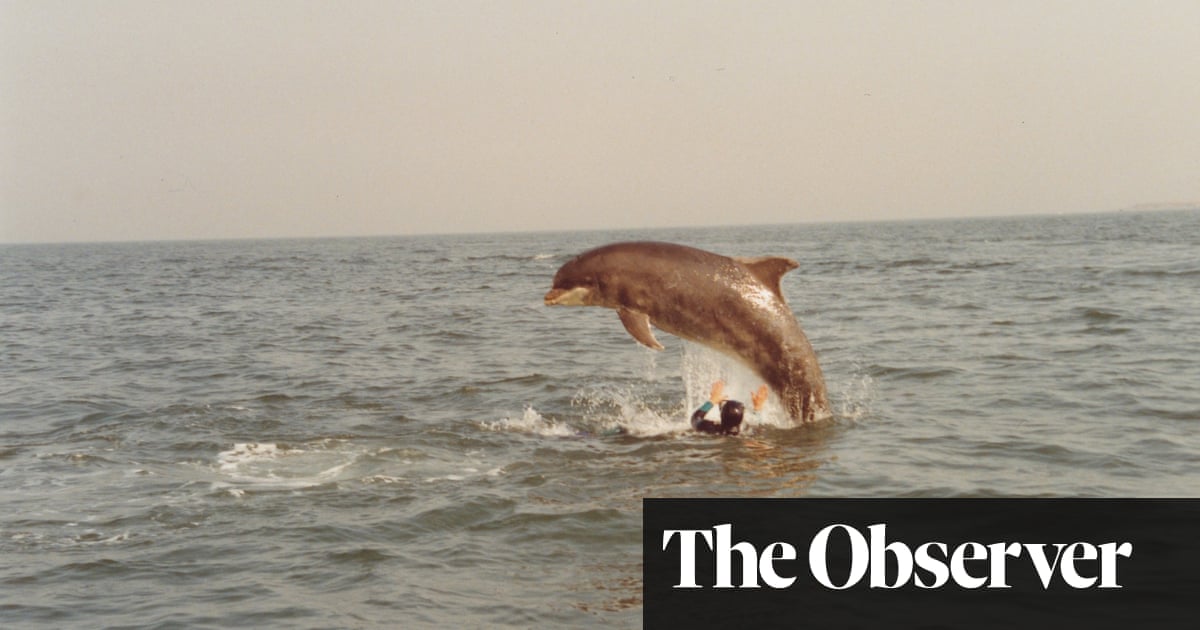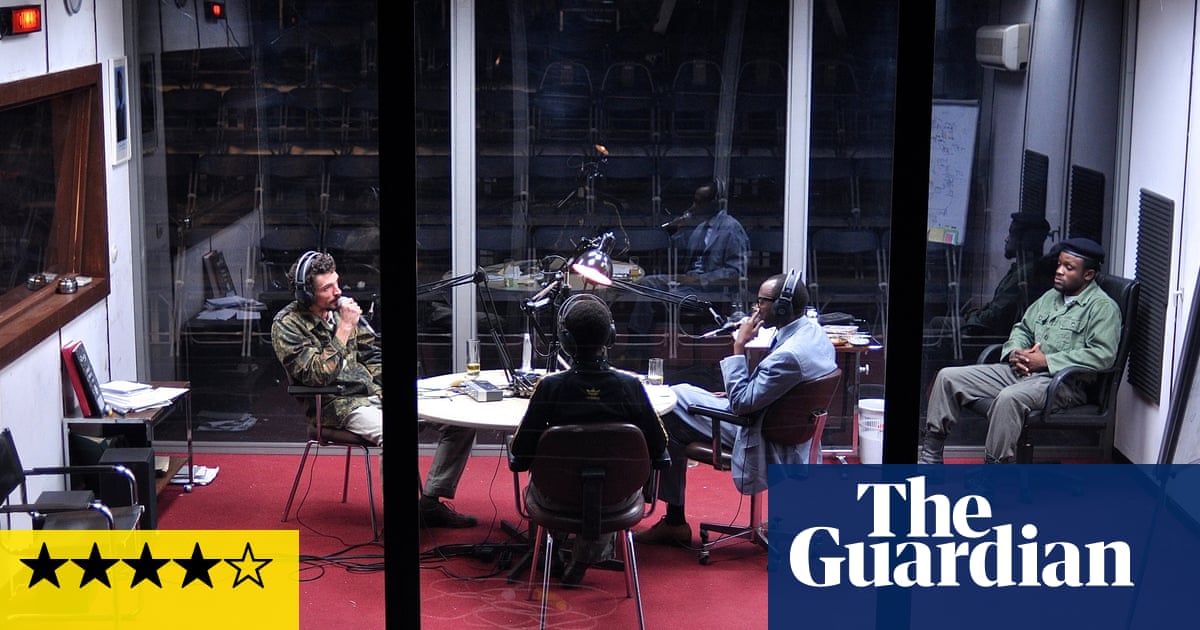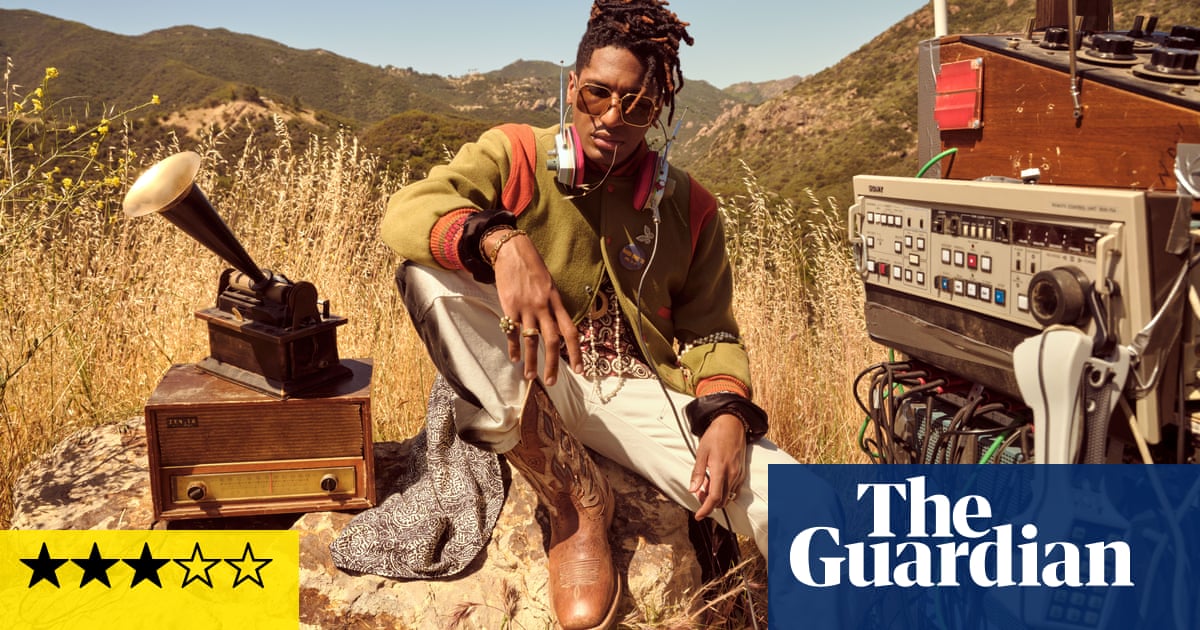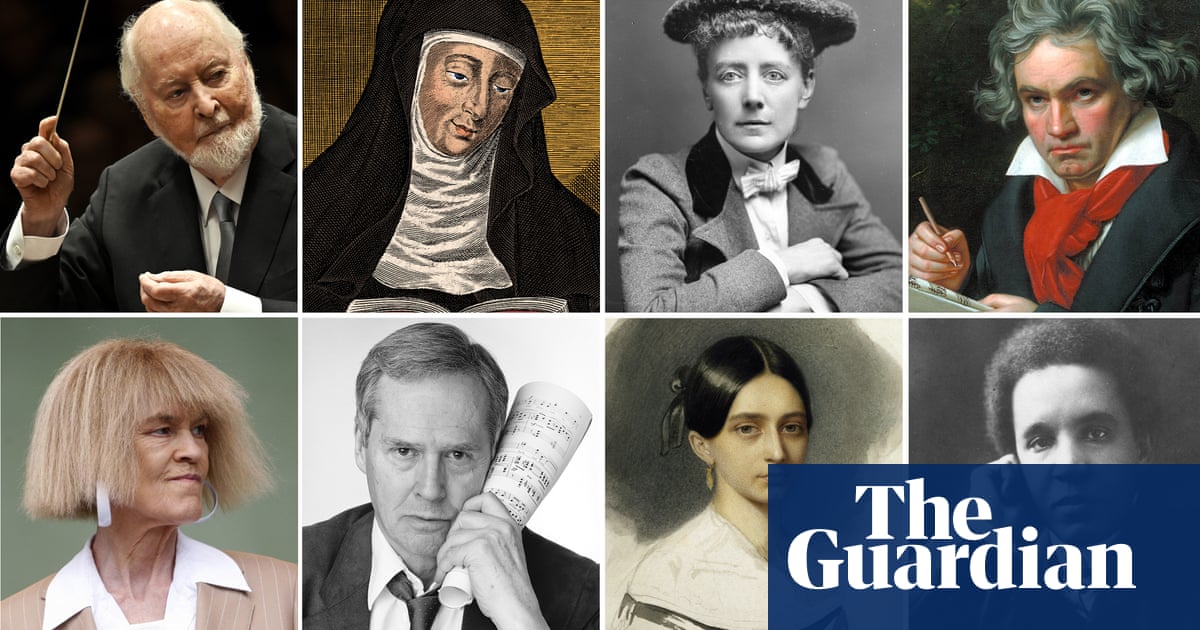
True Spies (podcast) | Spyscape
Floodlines (podcast) | The Atlantic
My listening habits have changed since the lockdown; my listening tastes, too. I find myself turning to podcasts in the evening, while the other members of my family get into other media: watching telly, making TikToks, building Minecraft mansions, virtually murdering friends and virtually dancing to celebrate. Still, we’re all usually in the same room, so it’s a kind of bonding. We’re physically close, though miles apart in our minds.
Anyhow. The podcasts I’ve searched out this week have been complicated and action-packed. Tales of danger and derring-do in an old world, where people saved each other’s lives through more dramatic means than texting funny memes or playing board games via Zoom. (Yes, I know these things can be vital at the moment. I just crave more… excitement.) The BBC is usually good at this type of show, but I’ve binged most of its podcasts, so I was happy to hear about a new series from Cup and Nuzzle called True Spies.
The show has been made for New York spy museum Spyscape – “the headquarters of all things spy” – and the series producer is Gemma Newby, whose credits include The Ratline for the BBC. True Spies has actual spies telling us about what they actually do, concentrating on a different incident each episode. Future programmes will feature undercover CIA officers, KGB double agents and Cambridge Analytica whistleblower Brittany Kaiser, whom regular Observer readers may recall. The opening show, which came out last week, was about Gad Shimron, an ex-Mossad operative (apparently, they’re not called “agents” – “it sounds like you work in insurance” sniffed Shimron), and a mad 1970s tale of the rescue of Ethiopian Jewish refugees from Sudan.
There was a lot to explain but the podcast, ably narrated by Hayley Atwell, set things up well. After Haile Selassie’s Ethiopian government was overthrown in 1974, the country’s Jewish citizens, known as the Beta Israel, joined the resistance against the military regime. But it eventually became too dangerous for them to remain, so they fled to refugee camps in Sudan. Some Mossad operatives agreed to rescue them. The Mossad boys set up a real diving retreat for real-life tourists (it was very successful, apparently) as a cover, and then smuggled out the refugees, initially by boat and then by plane.
This was a gripping adventure, with jeopardy and weirdness and heart-in-the-mouth upsets. However, when a show is anchored by a single interview with a single interviewee, the pace has to be perfect, and just occasionally, Shimron’s story is too complicated and the pace a teensy bit too slow. But the truthful detail is great and True Spies is set to be an exciting series, not least because, at certain points during the show, Atwell asks the listeners: “What would you do?” This is encouragement for the listener to check out the Spyscape website, where there are various games to assess whether or not you’d make a good spy. Yes, I’ve tried some of them. Apparently I’m too risk-averse. The lockdown has killed my sense of adventure.
Another big, scary, real-life show I’ve been enjoying is Floodlines, from the Atlantic. Although “enjoying” isn’t quite the right word. Floodlines tells the full story of Hurricane Katrina and New Orleans and, God, what a tragedy that story is. From the end of the first episode, one full of dread and tension, we understand that Katrina wasn’t as bad as everyone feared. Although it was severe (as it approached, residents noticed that the animals fled: “No parrots, no dogs, no cats, no birds,” said one), Katrina was a Category 3 hurricane, not a 5, and its worst force landed east of New Orleans, not directly on the city. But the levees still broke, the water still rose, and the people still died. Some were shot by police.
Presented by Atlantic staff writer Vann R Newkirk II, Floodlines is impeccable, using direct testimony and archive to build to a final, devastating episode, where Newkirk talks to Michael Brown, who was a director of the Bush government’s response to Katrina. Brown’s inability to properly engage and question himself means he is also unable to apologise. True empathy and responsibility prove an adventure too far. He’s physically close, but miles apart in his mind.
Three alternative radio recommendations
Resonance FM’s 18th birthday
Resonance FM, the most determinedly alternative and creative community radio station of them all, has made it to adulthood – possibly a shock to both itself and its parent, founder Ed Baxter. On Friday, it celebrated its 18th birthday with 48 specially commissioned shows from its impressive list of contributors (including our own Stewart Lee), plus archive sessions from Sleaford Mods and Kate Tempest, and a special gig from the unlikely combo of Led Zep’s John Paul Jones, Rip Rig + Panic’s Steve Noble and Sonic Youth’s Thurston Moore. More power to its weirdness.
The Late Night Alternative With Iain Lee
One of the few truly original call-in shows out there, Lee’s award-winning talkRadio show, which he hosts on weekdays, 10pm-1am, with producer Katherine Boyle, never fails to surprise. It’s rare that it doesn’t make me laugh out loud – Barry from Watford leading a communal meditation had me howling on Monday – but it’s also very touching, providing a genuine service for lonely people in lockdown. I have banged on about this show before, but I will continue to do so as long as it remains one of the few places where humour and humanity coexist. Tune in: you never know what will happen.
Slow Radio
Eleanor McDowall’s Field Recordings, which I reviewed a couple of weeks ago, are the most pure and up-to-date slow radio recordings. But BBC Sounds has a nice back catalogue of slow episodes, made by a producer putting a microphone in a particular place, shutting up and pressing record. This being the BBC, the producers can’t resist a commentary, which can be irritating. But when that stops, you get some lovely, ear-filling almost-silence. The immersive sound of a still place, or – at least – a place where humans don’t feel the need to fill the airwaves with talk. As a chatterbox, I love it.












